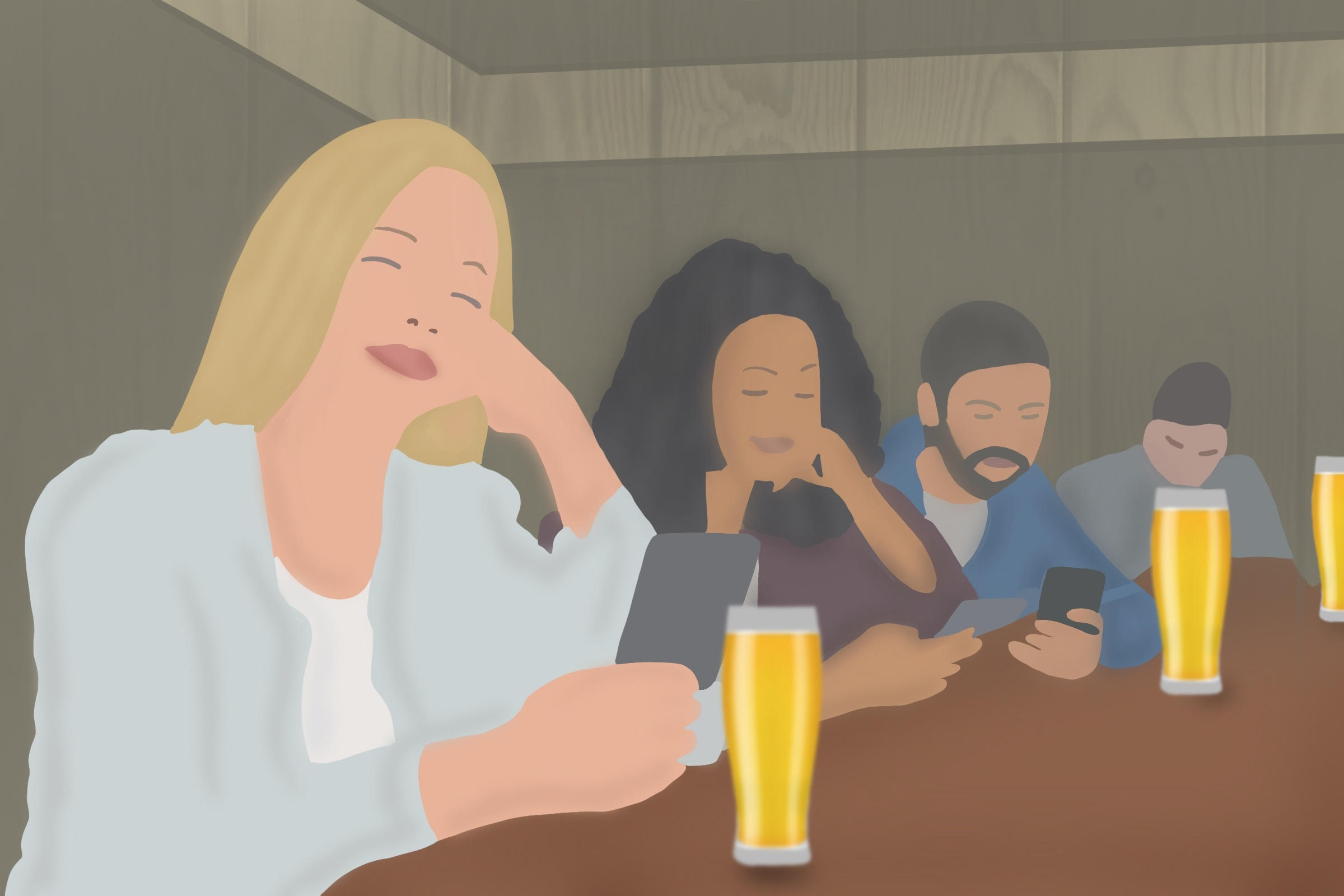So, why is this the case? The ultimate goal of online dating apps should be to function as a conduit in creating committed relationships, right? Wrong. The realm of online dating has become a multi-billion dollar industry — an industry that profits primarily off of user addiction, especially by keeping its users single. The way that the industry accomplishes this is twofold, relying on qualities of gamification and what psychologist Barry Schwartz refers to as the “paradox of choice.”
The presence of the choice paradox in online dating is perhaps best understood through the analogy of online shopping. Studies have shown that as shoppers are exposed to more options for potential purchases, they are paradoxically less likely to be satisfied with their ultimate decision. As our brains become inundated with a variety of choices, we often experience choice paralysis: An anxiety-induced state that prevents us from making a resounding decision.
On Tinder, the user’s experience of choice overload has become a frequent occurrence. In the emergence of what some are calling “serial swipers,” many users can be seen displaying strong hesitations to commit to a singular option due to fears of missing out on a potentially better one.
The infiltration of the choice paradox into the realm of relationships is especially dangerous. Unlike the case of online shopping, users aren’t choosing between products, they’re choosing between people. The resulting world of online dating has become a breeding ground for objectification, sexual harassment and insecurity, as choices are increasingly influenced by abundance and appearances rather than genuine compatibility.
The instant gratification offered by each ‘match’ causes the idea of exclusivity to appear unsettling, with many individuals remaining addicted to these apps even in committed relationships. Specifically, 30% of Tinder users are married, and another 12% are in relationships. Because of this, the online dating world has become a hotbed for cheating and noncommittal sex. Users find themselves immersed in an endless, twisted game, where matches and hookups function as points to keep score.



I wasn't accusing anyone of saying anything. I apologize if it came off that way.
My point of view is that dating and relationships are competitive because there's no proletariat that can band together to get you into a relationship. It's simply between you and the other person. So if you can't overcome the pressure from the culture of texting and societal expectation, then you'll lose out to someone who can and therefore it's a skill issue. I'd even say, in practice, there are other dating apps specifically for g*mers and Christians. I think Hinge's slogan is that it's the app that's "designed to be deleted" and you have to make a comment to swipe right on somebody. I think there are also professional services that do that sort of matching for you as well as speed dating, bars, etc. where you could meet people. Even if the prevalence of dating apps increases, it's not like it's impossible to meet somebody face to face first. If that alters society then fuck the society the way I see it.